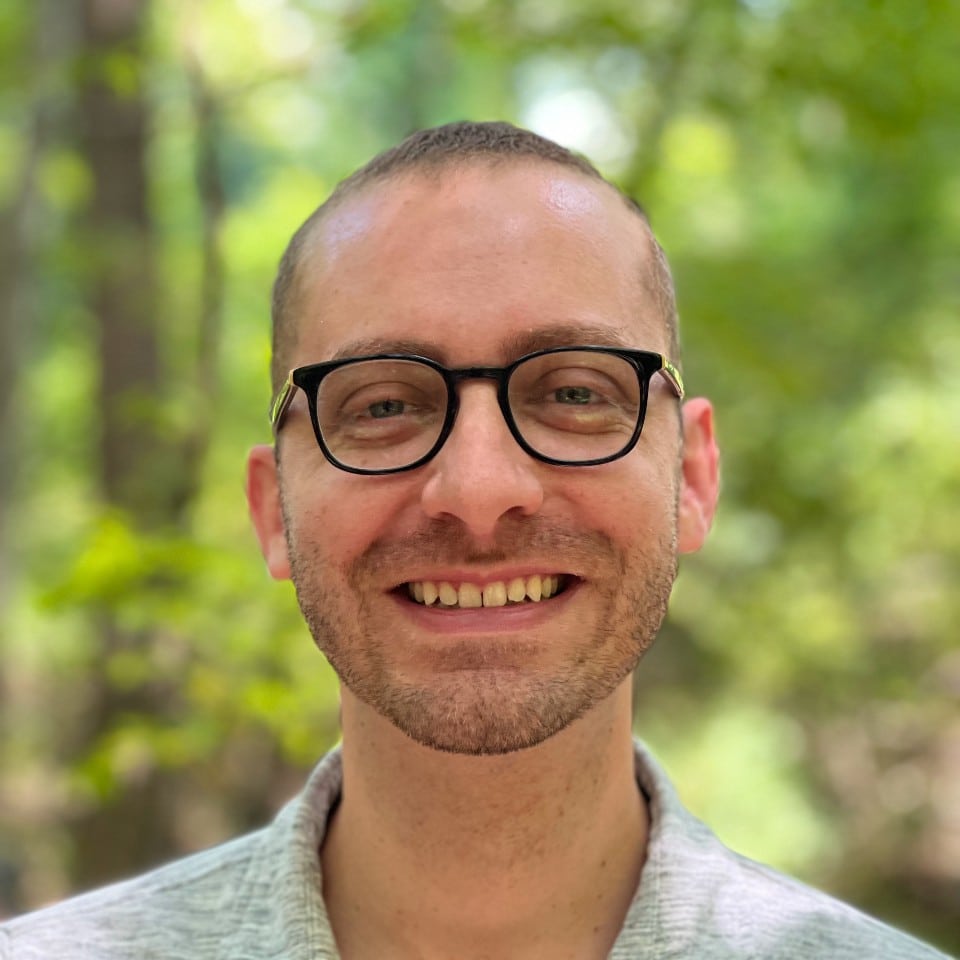Sean is a psychotherapist at Wildflower. In his clinical practice, Sean draws on Acceptance and Commitment Therapy, Dialectical Behavior Therapy, Cognitive Behavioral Therapy, and EMDR. Sean works with adolescents, adults, couples, and family structures experiencing stressful transitions including the transition to parenthood, anxiety, mood disorders, trauma, sexual challenges, and relationship issues. Sean has extensive experience in addressing the unique challenges faced by the members of the LGBTQ+ community. He obtained his master’s degree in social work at the University of Arkansas Little Rock where he also taught as an adjunct instructor. Read Sean’s full bio here.
What inspired you to pursue a career as a psychotherapist?
I have struggled with intense anxiety since childhood. I learned some ways to manage this anxiety on my own, however, I experienced professional therapy myself and realized firsthand how helpful it can be in addition to supports that I already had. After a few sessions I was already improving, so I became a believer in the therapeutic process. I then decided to pursue social work in graduate school. I also realized I was gay at a young age and I wanted to help other sexual minorities who may also be struggling with anxiety, depression, and trauma that can result from society’s negative perception of the LGBTQ community.
As a psychotherapist, what part of your job is most satisfying?
I feel satisfied knowing that I am giving people space to slow down and reflect. Our lives often do not let us have dedicated space for self-reflection. I love that therapy is essentially a time to pause from the grind of day to day life. I also enjoy connecting with people and listening to their stories. Everybody has something to tell and the desire to be heard.
How would you describe your therapeutic approach?
My approach is very free-flowing and open. I think the best therapy happens when the therapist and client come into alignment with the pace of therapy and the therapeutic approach, meaning that I will often check in and modify what we are actually working on to best fit each client as we progress in therapy. I am also guided by Acceptance and Commitment Therapy, an approach that encourages exploration of core values and setting concrete goals based on these values.
Why do you believe that psychotherapy can help?
Psychotherapy helps by creating dedicated time and space for self reflection. In turn, this self reflection can be turned into action outside of the therapy room. I believe that the stressors of day to day life along with the greater stressors of society often don’t allow us to really reflect on ourselves. Psychotherapy provides a time and space for this reflection and cultivation of mindfulness. Then we can decide what we really find meaningful and life and go for it.
What are some of your specialties and what drew you to them?
I have a history and passion of working with LGBTQ+ individuals. I also like working with individuals and people in relationships who are non-monogamous or outside what we tend to view as the standard two person couple. I also enjoy helping people reprocess trauma with EMDR. I am drawn to these due to my individual identity and personal experiences in my life.
What is one thing about psychotherapy you wish everyone knew?
Psychotherapy is a dynamic, constantly evolving process between the therapist and the client. It is a blend of art and science so we can change things up based on feedback from one another. Sometimes it takes a few sessions to find the right rhythm to the process, but we can easily get there with direct and open communication.
What is your motto or personal mantra?
“Can’t believe how strange it is to be anything at all”- Jeff Mangum
Existence is A LOT. Being alive is weird, wild, beautiful, painful, sad, joyous, and on and on. I have always found it helpful to remind myself that none of us have all the answers. We are all just trying to get by as best as we can and one of the most important ways to do that is by supporting one another in this shared existence.
What are your favorite self-care activities?
I love having a great meal with friends, trying amazing food and spending time together. Going for walks, especially by the lake or in nature is very healing for me. I also love playing guitar (badly) and listening to a wide variety of music. I can nerd out on video games (mostly RPGs) on a rainy weekend and I enjoy getting caught up in a great movie, and then discussing it with others.


